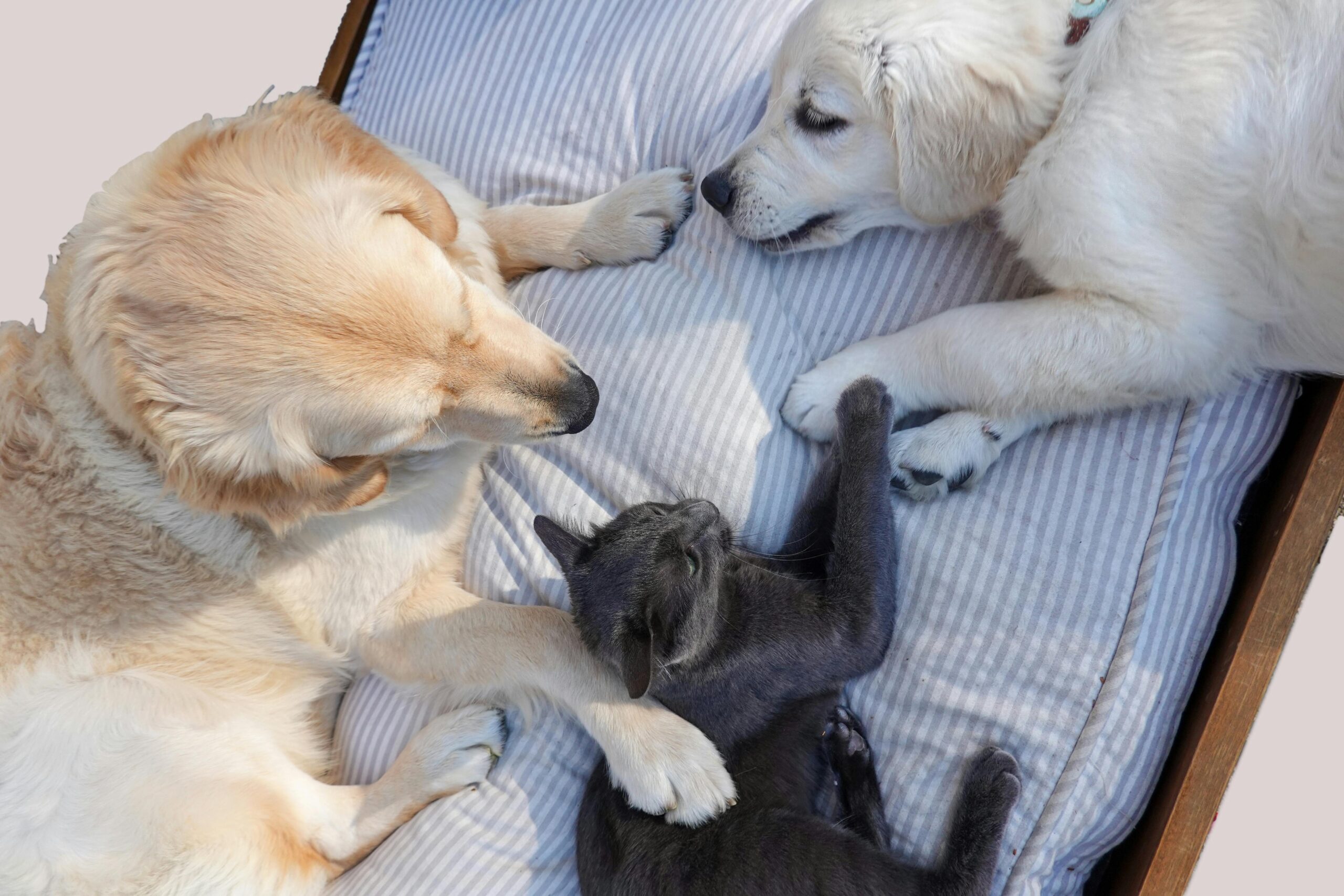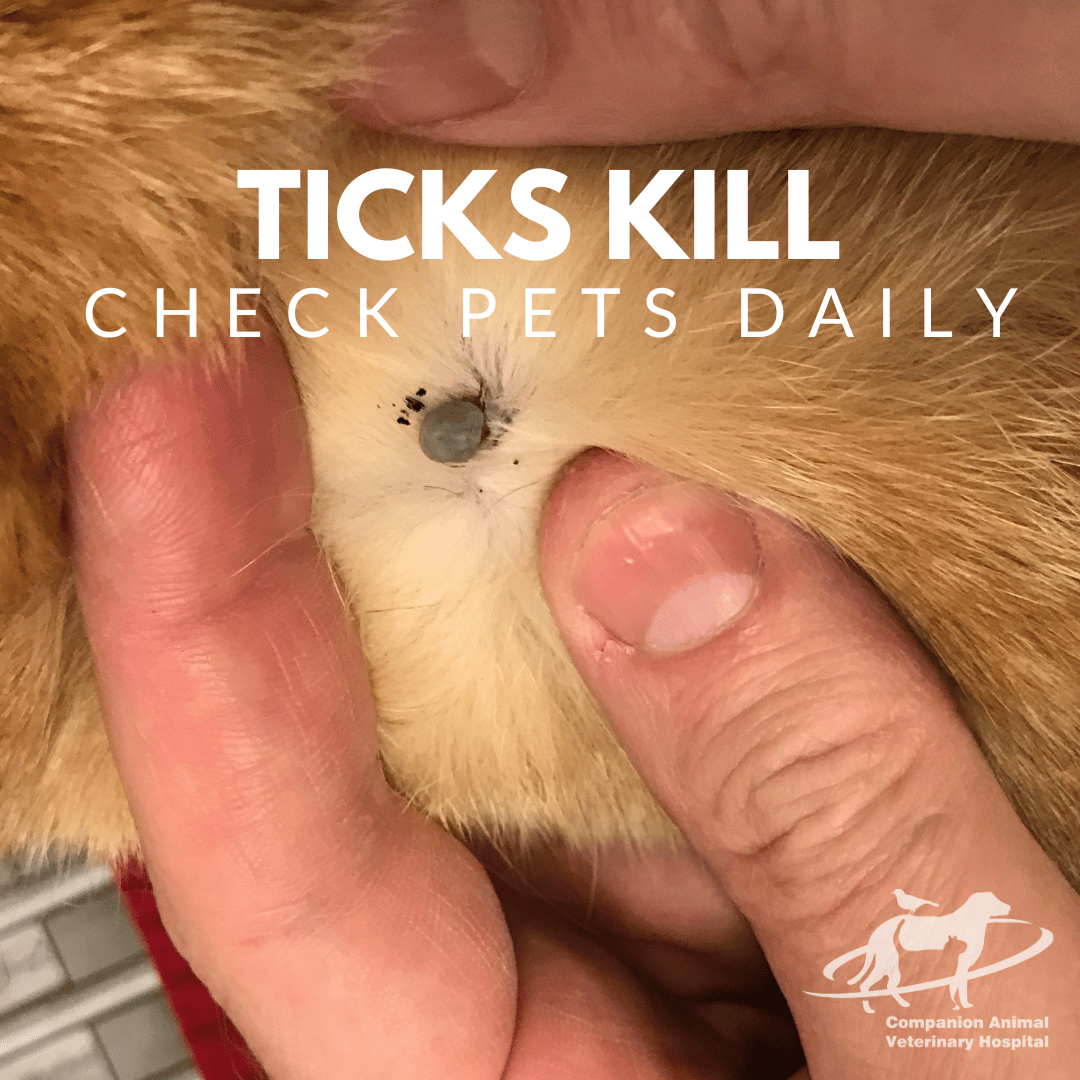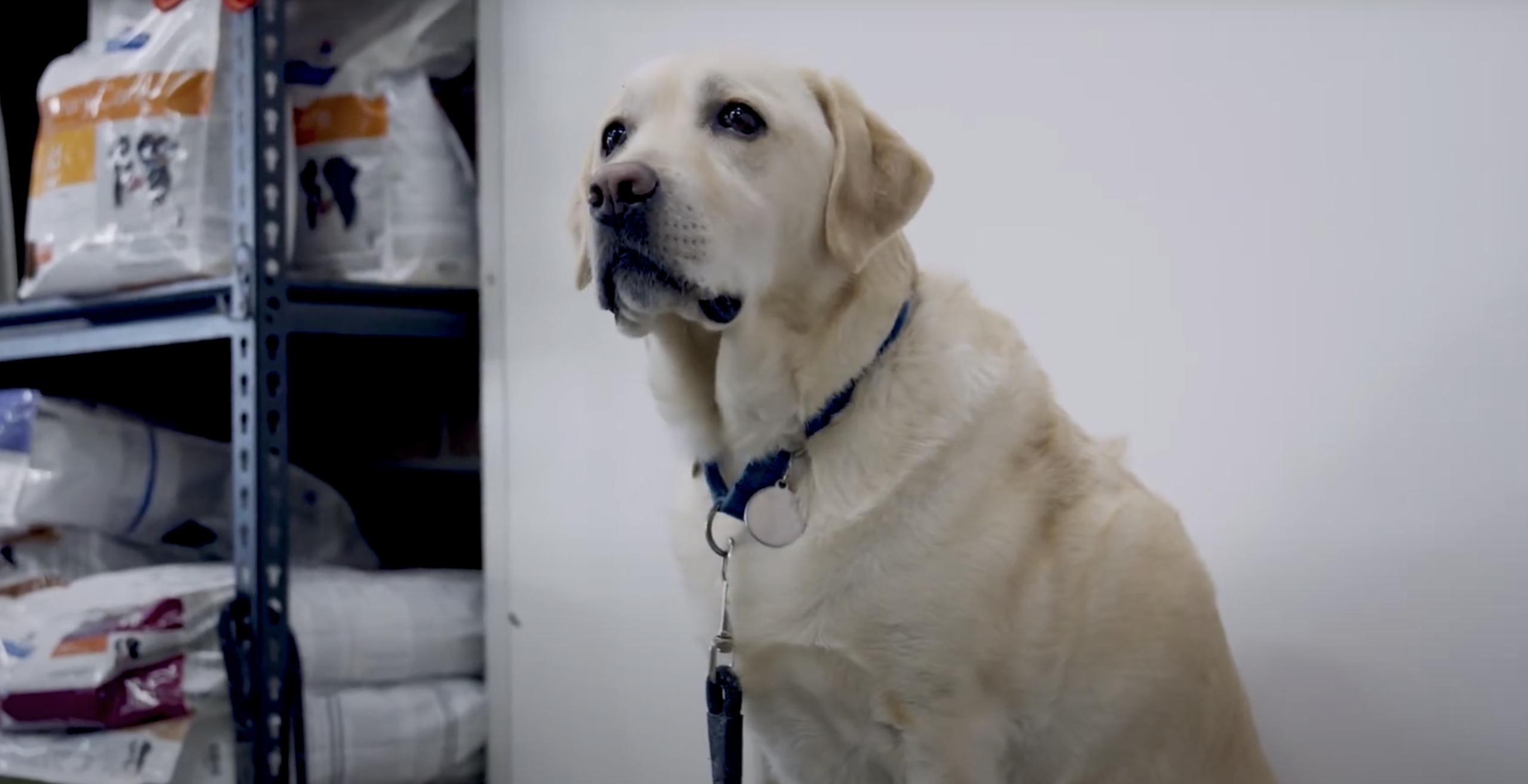Adult Fleas
- Only live on the 1 dog, cat, rabbit, or any other animal for the whole of their lifetime. Transmission of fleas directly from one animal to another via jumping is actually very rare.
- If a flea lives long enough on the pet’s skin it will lay eggs.
- 1 flea can lay up to 6000 eggs in it’s lifetime.
Eggs
- When an egg is laid it rolls off the animals coat and into the environment
- As the animal walks around it is like a salt shaker with the eggs being the salt.
- Eggs will be in highest concentration where the animal spends most of it’s time.
Larvae
- Larval stages are mobile and can move around in the environment. They will move up to half a metre to find their ideal environment
- The larvae feed on dead skin cells which are flaked into the environment.
Pupae
- Eventually the larvae spin a cocoon and become pupae.
- This stage can remain dormant for long periods of time (6-12 months)
- Once the environmental conditions are right (warmth and humidity), they ready themselves for hatching
- The pupae can detect vibrations which indicate that a host is around. They then hatch and jump
- Pupal stages are resistant to all chemicals. Spraying the environment generally will not kill pupae.
If you are seeing lots of fleas then generally you have a lot of eggs, larvae and pupae in the environment. It takes time for all of these stages to be killed (up to 3 months) and that is assuming that you don’t have any ongoing sources of new contamination with eggs such as wandering cats, rats, rabbits or other wildlife.
Modern flea treatments kill the fleas extremely fast and you will likely not see any fleas during this period. If you are seeing fleas still you probably need to switch to a superior product.






